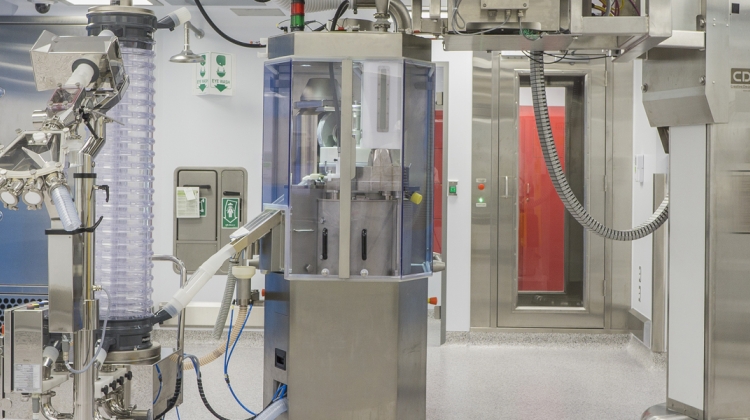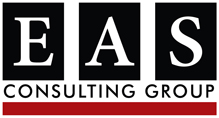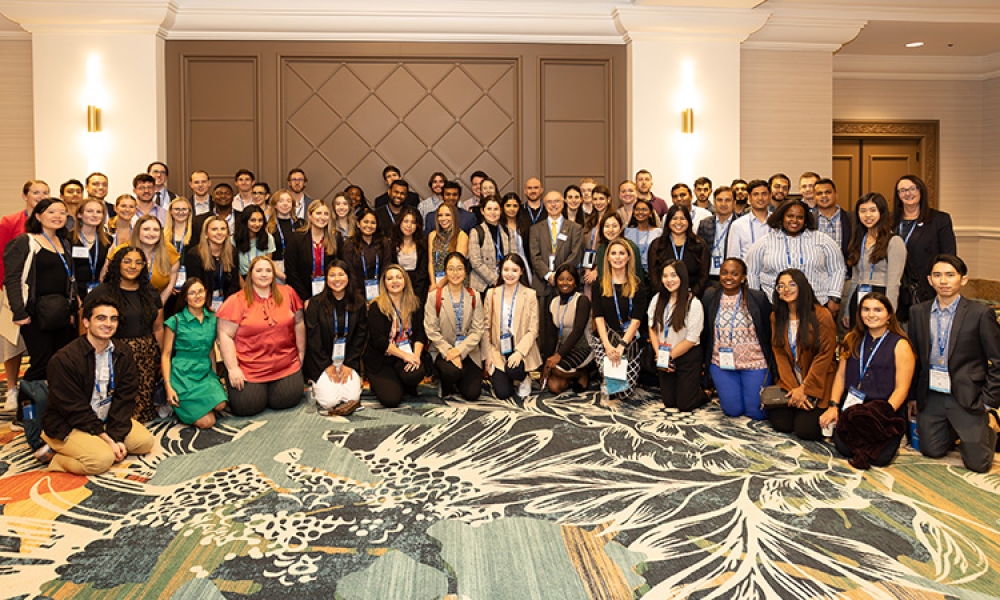FDA Proposed Approach Aims to Improve Efficiencies to Advance Pharma Manufacturing

In recent years, continuous manufacturing (CM) has gained a considerable amount of attention in the pharmaceutical industry. Although relatively new to pharma, it is widely applied in other industries where automated production techniques drive faster production pathways.
CM as the name suggests, is a continuous flow process whereby the materials are in continuously being introduced into the process train and are subjected to the various production steps including both physical manipulation and chemical reaction. This process provides for a steady supply of finished products as the raw materials are added to a single closed system which is based on modern process monitoring and controls. CM is in contrast to traditional batch manufacturing, where materials are created step by step in a sequential series of discrete steps.
Production in the pharmaceutical world has not undergone many significant changes in the past half a century. It has relied on conventional batch manufacturing processes where different production steps such as blending of raw materials, formulation and packaging of the raw materials are performed as separate process steps. Although this approach offers adherence to regulatory requirements, the gaps between steps prolong the production time and increases the risk for errors, especially human errors, during the start and stop points. Inefficient manufacturing costs of over $50 billion per year is faced by the industry. Adoption of CM can significantly cut down these expenses.
The Food and Drug Administration has been pushing for advanced manufacturing processes in the pharmaceutical industry. To further promote this, FDA Commissioner Scott Gottlieb and Director Jane Woodcock of Centre for Drug Evaluation and Research (CDER) released a statement on FDA’s modern approach to advanced drug manufacturing.
They have elaborated on the efficiency, consistency, reliability and ease with adoption of CM and the associated cost benefits and timely supply of drugs in the long run. They understand that this area is new and developing and therefore requires investment of significant time and resources to develop the proper scientific standards, procedures and policy to support its implementation. They have taken steps to help early adopters of CM (or other advanced manufacturing technologies) with overcoming the implementation challenges by allowing for more open communication with the Agency and by enhancing the application review processes for products made with these modern methods.
The Commissioner pointed out that less than four years ago there was only one approved product manufactured using CM while today there are four companies manufacturing five approved products using CM. Additional 20 companies have engaged with the FDA to develop and implement CM processes.
FDA is further trying to advance the benefits of CM processes by providing grants to fund research and conducting internal laboratory investigations to study CM and other advanced technologies. FDA is willing to help companies with questions and concerns regarding the changeover, with clear guidance on process and control strategy designs needed to meet regulatory requirements. This will enable companies to anticipate the costs and payoffs of adopting these new methods.
To further support the development and implementation of CM for brand, generic, and over-the-counter drugs, the FDA has issued a draft guidance document for industry about quality considerations in continuous manufacturing. The draft is aimed at clarifying FDA’s current thinking about innovative CM approaches and helps companies resolve potential issues as they consider implementation of these new manufacturing methods (items such as the impact of the new technology on the time taken by FDA to assess new product applications or switching from batch to CM process for existing products.)
In support of global efforts to encourage CM, FDA has set a goal to finalize a harmonized guidance by 2021 with the International Council for Harmonization of Technical Requirements for Pharmaceuticals for Human Use (ICH). They believe this harmonized guidance will help advance the brand and generic drug industries ability to obtain approvals for products manufactured using CM processes in multiple regions.
Also, to be noted, FDA has requested additional funding to support advancement of CM as part of the President’s 2019 budget.
In summary, the FDA is encouraging the pharmaceutical industry to adopt continuous manufacturing processes to promote drug quality and efficiency in production. Furthermore, they are offering guidance and support to companies who are adopting these innovative technologies.
About EAS Consulting Group, LLC
EAS Consulting Group continues 55 plus years of leadership in providing regulatory consulting to the industries regulated by FDA and other federal and state agencies. Our network of independent advisors and consultants enables EAS to provide comprehensive consulting, training and auditing services to the dietary supplement, pharmaceutical, food, medical device, tobacco and cosmetic industries. Whether the need is assistance with general FDA or USDA regulatory compliance or more specific needs such as product development, New Dietary Ingredient submissions, FSMA regulation compliance, generic or customized compliance trainings, 483 responses, product market withdrawals or recalls, mock-FDA audits, expert witness services, GRAS & food additive issues, dietary supplement labeling compliance or the development of a detailed import strategy and policy, EAS, with its over 150 consultants, former FDA compliance officials and industry experts, is able to assist. With vast expertise in FDA’s policies and enforcement, EAS is the proven choice for assistance in FDA and other regulatory matters. easconsultinggroup.com




